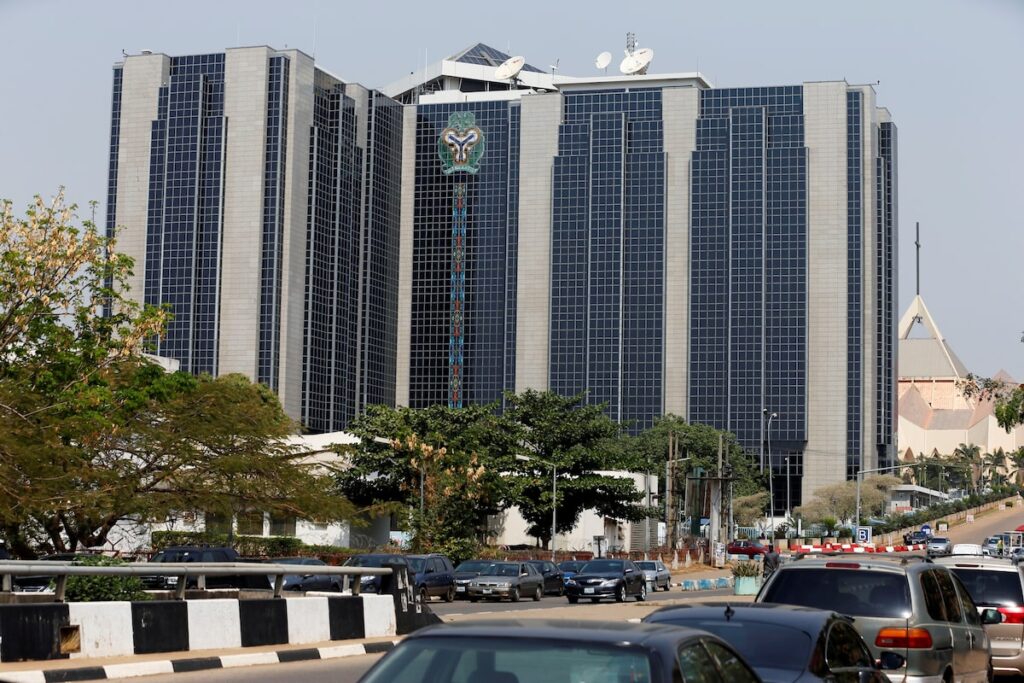
Nigeria’s net foreign exchange inflow decreased by 2.97% in the third quarter (Q3) of 2024, dropping to $14.46 billion from $14.89 billion in the second quarter (Q2), according to the Central Bank of Nigeria’s (CBN) Q3 economic report released on Friday.
While the quarter-on-quarter (QoQ) figures show a decline, year-on-year (YoY) comparison highlights significant growth, with net foreign inflows up 75.91% from $8.22 billion in Q3 2023.
Total foreign exchange inflows increased by 3.01% in Q3, reaching $22.89 billion compared to $22.22 billion in Q2 2024. The report revealed a significant rise in inflows through official channels, up 39.63% to $11.86 billion, while inflows through autonomous sources declined by 19.66% to $11.03 billion.
Conversely, foreign exchange outflows through the economy rose by 15.18% to $8.43 billion in Q3. Outflows via the CBN increased sharply by 27.91% to $7.31 billion, whereas outflows through autonomous sources declined by 30.06% to $1.12 billion.
The resulting net foreign exchange inflow through the economy decreased by 2.97% to $14.46 billion. However, autonomous sources recorded a sharper drop, with net inflow declining to $9.90 billion from $12.12 billion in Q2. In contrast, the CBN recorded a net inflow of $4.55 billion, rebounding from a net outflow of $2.78 billion in the previous quarter.
CBN Governor Olayemi Cardoso revealed that diaspora remittances through International Money Transfer Operators (IMTOs) reached $4.22 billion between January and October 2024, nearly doubling the $2.62 billion recorded in the same period in 2023. Remittances increased month-on-month from $336 million in September to $402 million in October, attributed to enhanced remittance systems, supportive government policies, and growing diaspora trust.
Nigeria’s external reserves rose to $39.29 billion by the end of September, up from $34.76 billion in Q2 2024. This reserve level provides coverage for 8.91 months of imports of goods and services or 13.34 months for goods alone.
However, the Nigerian Autonomous Foreign Exchange Market (NAFEM) average exchange rate depreciated by 14.62%, reaching ₦1,588.64/$ in Q3 from ₦1,385.96/$ in Q2, driven by increased demand for foreign exchange.
The CBN projected elevated inflation in Q4 due to rising energy and transport costs following ongoing policy reforms. Inflation stood at 34.60% in November, up from 33.88% in October, with food and energy costs as the main drivers.
Despite inflationary pressures, the fiscal outlook appears strong due to improved revenue collection and contracting fiscal deficits. Additionally, the external sector is expected to remain robust in 2024, bolstered by higher crude oil production, trade surpluses, and the full operation of the Dangote and Port Harcourt refineries.
The report also noted potential risks, including fluctuating global crude oil prices, low production relative to OPEC quotas, and global economic uncertainties.
With improving remittance inflows, rising external reserves, and ongoing fiscal reforms, Nigeria’s economy shows signs of resilience despite challenges in inflation and foreign exchange volatility.
